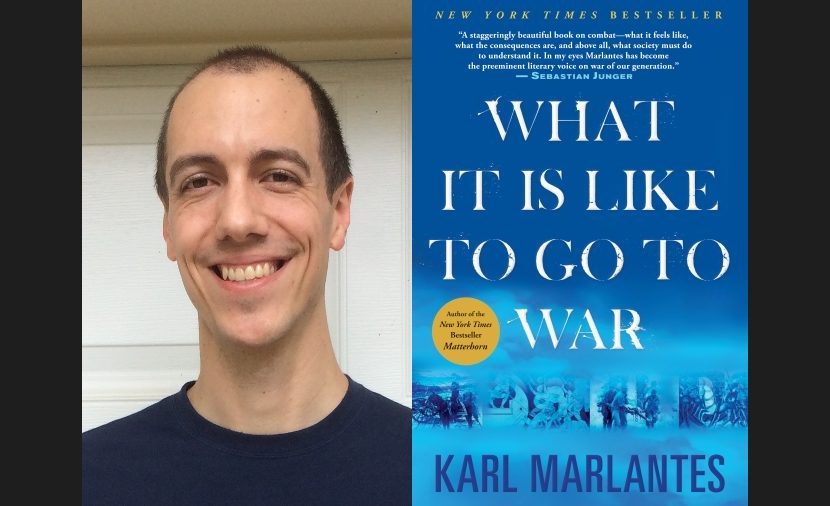Books are a wonderful way for coworkers and friends to share experiences, even when we’re miles, states, and countries apart. Hearing about what someone is reading is like taking a 5-minute vacation. Each week, one Piper team member will answer the question, “What are you reading?” and take you on a well-deserved, 5-minute vacation.
This week Brian is reading What It Is Like to Go to War by Karl Marlantes.
“The book’s path into darkness was illuminating …”
BRIAN SAYS…
Movies, stories, news articles, even conversations with veterans—none of these answer the question that has lurked in the back of my head most of my life: What is war really like?
Probably you can never truly know without firsthand experience, but this book’s answer to my question was both deep and satisfying. Marlantes, who fought in the Vietnam War, tells us frankly that he never felt bad about killing at the time that he did it. Rather, he felt numb, or even euphoric. (Looking back decades later, he says he mostly feels sadness about the entire thing.) As for those who commit war crimes, he says we must punish them—but also empathize, because such monsters are not as different from ourselves as we’d like to think.
For me, the book’s path into darkness was illuminating and filled with hard-earned wisdom. Getting through hell is hard enough; Marlantes turned his journey into a mirror for my own humanity, and for that, I’m grateful.
AMAZON DESCRIPTION
In 1968, at the age of twenty-three, Karl Marlantes was dropped into the highland jungle of Vietnam, an inexperienced lieutenant in command of a platoon of forty Marines who would live or die by his decisions. Marlantes survived, but like many of his brothers in arms, he has spent the last forty years dealing with his war experience. In What It Is Like to Go to War, Marlantes takes a deeply personal and candid look at what it is like to experience the ordeal of combat, critically examining how we might better prepare our soldiers for war. Marlantes weaves riveting accounts of his combat experiences with thoughtful analysis, self-examination, and his readings—from Homer to the Mahabharata to Jung. He makes it clear just how poorly prepared our nineteen-year-old warriors are for the psychological and spiritual aspects of the journey.
Just as Matterhorn is already being acclaimed as a classic of war literature, What It Is Like to Go to War is set to become required reading for anyone—soldier or civilian—interested in this visceral and all-too-essential part of the human experience.
HAVE YOU READ THIS BOOK?
Tell Brian what you thought in the blog comments below!

